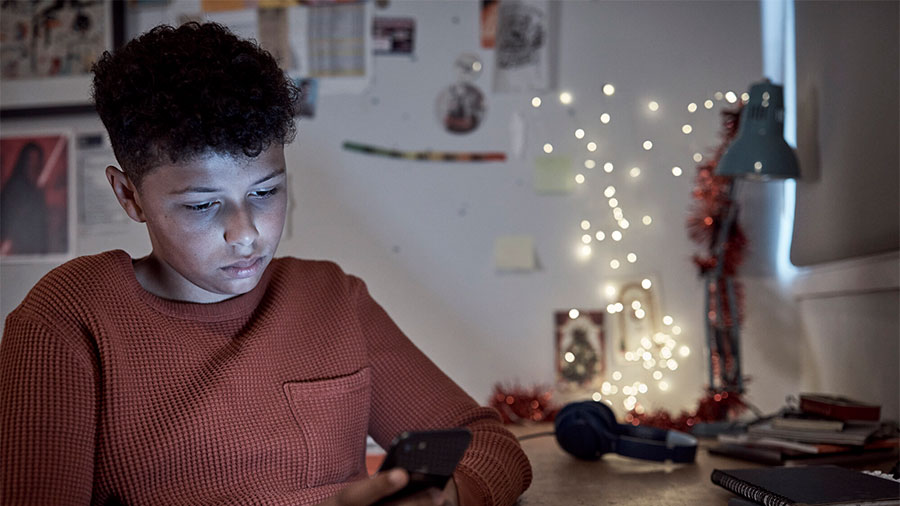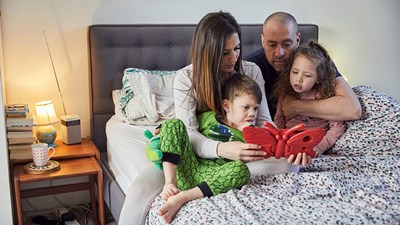As offences rise to record levels, we’re calling for a strengthened approach from Ofcom and for tougher legislation from the UK government.
- More than 7,000 Sexual Communication with a Child offences were recorded by police last year (2023/24) – up 89% since 2017/18 when the offence first came into force.
- Almost half of offences were on Snapchat (48%), where a means of communication was known.
- Most grooming cases (81%) take place against girls while primary school children are also being targeted by offenders.
- We’re urging Ofcom to significantly strengthen its approach to child sexual abuse and for the UK government to ensure the regulator can tackle grooming in private messaging.
Online grooming crimes have reached record levels across the UK, with offences topping 7,000 for the first time, new data1 we've compiled reveals.
The figures, provided by 45 UK police forces, show 7,062 Sexual Communication with a Child offences were recorded in 2023/24 – up 89% since 2017/18 when the offence first came into force.2






